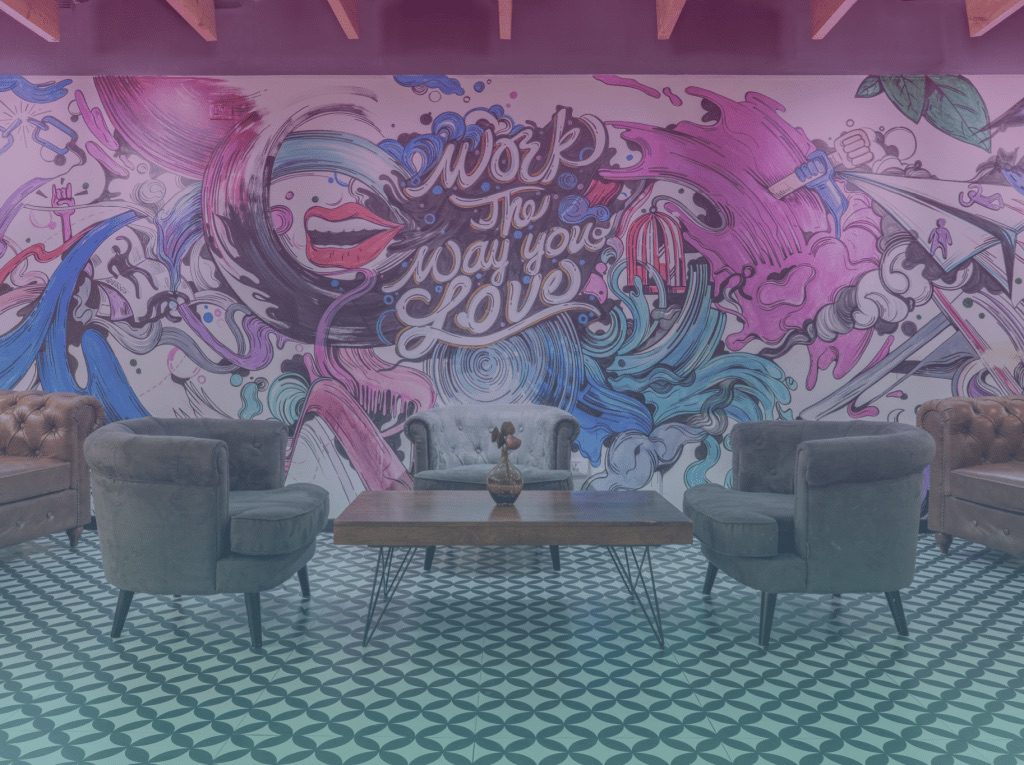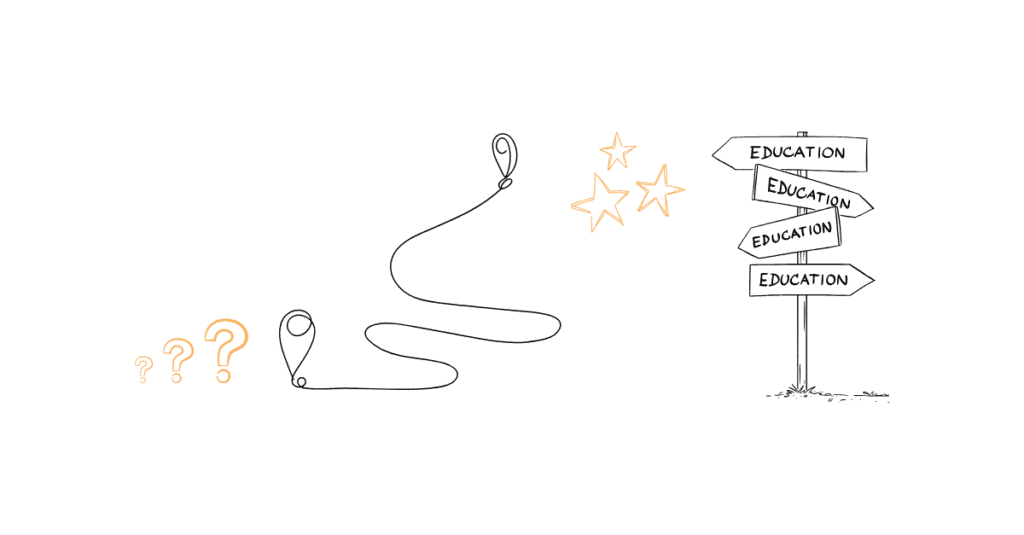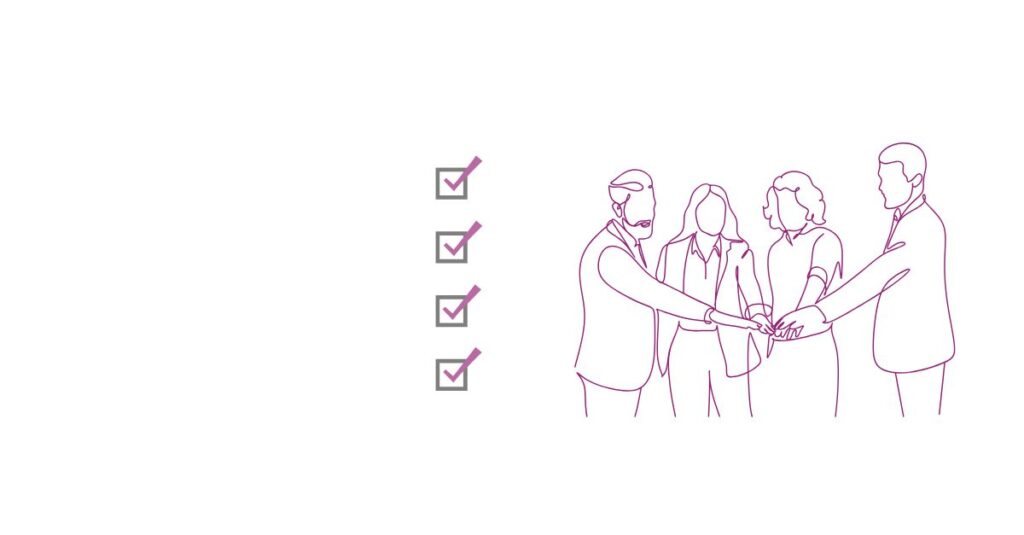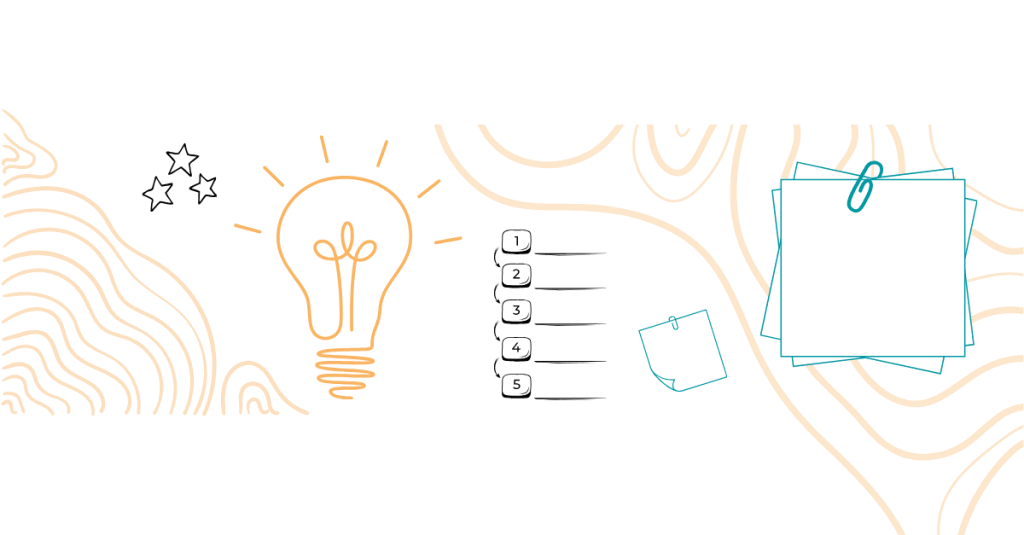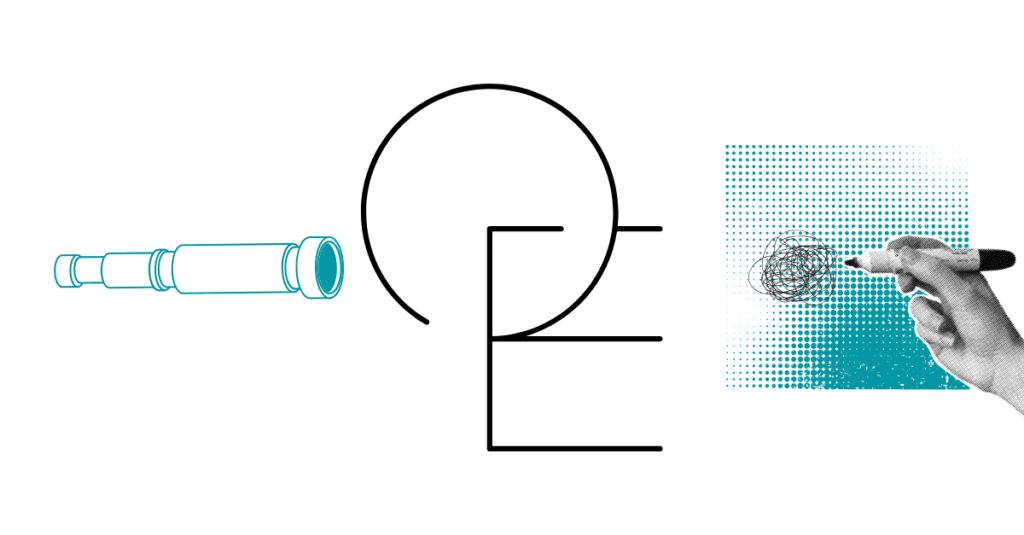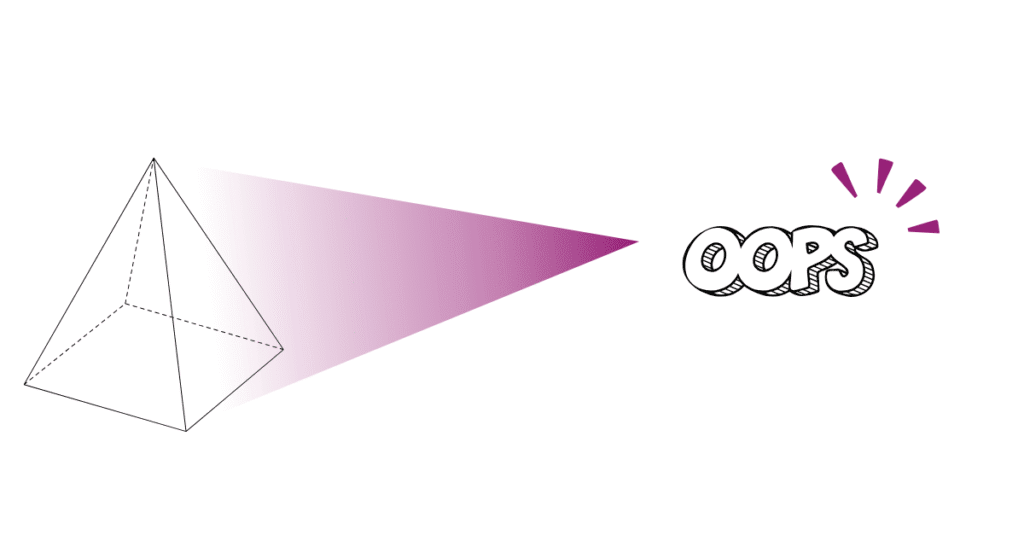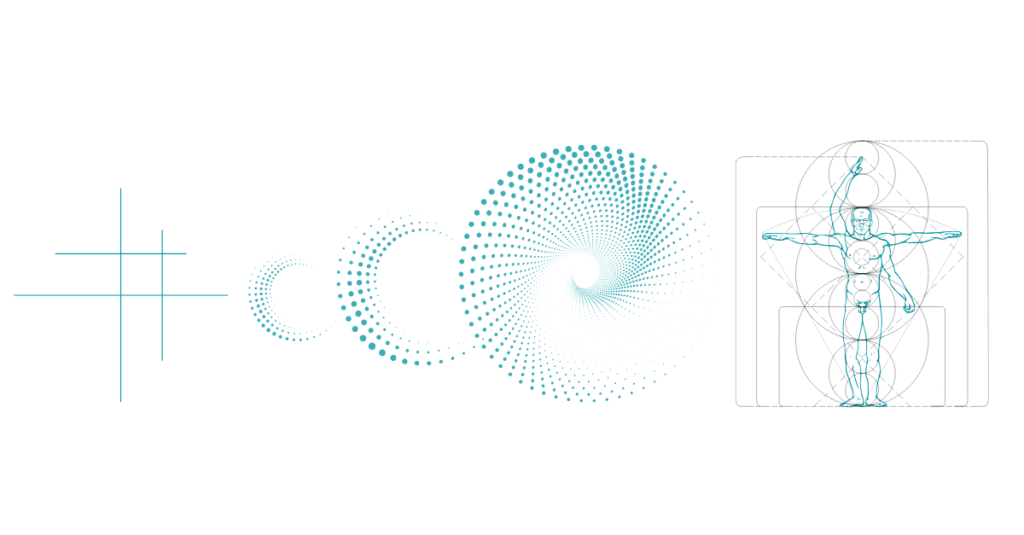Paving the way for a new workforce
Remember the time when you were at the beginning of your career – filled with curiosity and ambition to make money, build a fulfilling life, and contribute to a better world? I think these are thoughts that all young human beings have – no matter their generation.
With a bit of uncertainty around where to begin, who we are, and who we want to be, we all embark on our professional journeys without much of a clue where we’ll end up. Whilst the content in terms of what we experience along this journey of course very much differs among each of us, we also have to take the different contexts into consideration that significantly shape how we experience our journeys. If we call this context “the spirit of time”, the questions is:
What is the spirit of our time now?
And how does it influence the development of the young people from Gen Z in terms of how they think, feel and act in both – work and life?
This is particularly relevant because I can only imagine that many senior managers today must think that the young people like myself are kind of delusional when it comes to the way we see and approach our professional lives. Maximum output with minimal effort, feelings of entitlement, unrealistically high expectations – the list goes on. Some might even say that we just have no idea how work “works”. Whilst this might be true due to the circumstances under which we grew up in, it’s no secret that every generation has its doubts about the younger generation’s mindset and culture. However, approaching generational differences with a blame mentality, which was quite prevalent with the Millennial Generation, only fosters complaints and derision toward the group instead of focusing on growth-oriented solutions.
Therefore, I’d like to invite you to shift towards a new way of thinking that is grounded in curiosity and willingness to learn from the radically different mindset that Gen Z brings to the table. Especially when we consider the war for talent, organisations and ultimately you as leaders need to learn not only how to work “with us”, but actively find ways how to work “for us” so that we will eventually come to work for you.
This shouldn’t sound too intimidating though. Based on my objective know-how about Gen Z, as well as my subjective experience of being a member of this generation, I found that it actually doesn’t take much to make us thrive in the workplace. That’s mainly because:
We don’t need more – we just need different things.
But what are they? To make it easy to understand what it is that Gen Z wants and needs from their future employers, I developed a set of 11 key principles that I refer to as “The Gen Z Mindset”. This can serve as a true north for you trying to attract, retain and collaborate with young talents.
The Gen Z Mindset
An outline of what young people want and need from leaders and organisations in the 21st century:
Purpose
I strive to work on tasks and projects that I care about and enjoy doing.
Growth
I am not looking for a job, but seek for an environment in which I can explore and develop into who I want to become.
Money
I expect my expertise from higher education to be valued equally to the experience of senior colleagues.
Stability / Security
My job provides a sense of safety for me in complex and uncertain times.
Work Life Integration
The more freedom I have to work wherever, whenever, and however I choose, the more motivated I become to deliver exceptional results.
Autonomy
I work best when leaders actively offer me guidance, but allow for leadership-on-demand.
Feedback
I am used to constant and real-time communication, so help me learn continuously and grow on-the-go.
Relationships
Growing up as a digital native, I crave meaningful and authentic human connection.
Culture
No matter what background, culture, gender or age – everyones contributions matter equally. Respect and inclusivity are key.
Technology
I thrive when I can work with innovative digital tools that make communication and collaboration easier and more fun.
Leadership
I follow inspirational individuals who coach and mentor me to grow personally and professionally.
Understanding why young people today are the way they are
To help you understand where this Gen Z Mindset comes from and on what basis I have developed the manifesto above, I’d like to share some insights on the circumstances as well as formative events that shaped my generation so that you get a better idea why young people today are the way they are.
In contrast to when you were in the early stages of your careers, the career paths of young people today are no longer stable and linear. Whilst it was normal to stay in one job for 30 years, it’s already a rare phenomenon nowadays when a young person stays in their first job for over 5 years. Besides the speed of change that characterises modern career paths, the amount of possible professional pathways that we can take today has also grown exponentially. And whilst this provides great freedom, it doesn’t come without great overwhelm.
Here’s an example:
Just imagine standing in front of the muesli section in the supermarket. 50 years ago there were probably only 5 different flavours and brands available. Today, there are likely more than 50 to choose from – which is great because it’s much more likely that you’ll find exactly what you’re looking for, but it also takes a lot more effort, energy and clarity around what exactly it is that you want.
The many opportunities young people have today mainly result from living in a highly interconnected world, not only based on globalisation, but also of course through the expansion of the digital realm that by now has pervaded nearly all areas of modern work and life. This development was mainly driven by the advent of the smartphone which allowed everyone to access information and connect with people from anywhere, anytime. Whilst we all know that these little pocket geniuses provide us with innumerable benefits, we also know by know that they do have their downsides. In fact, the highly addictive nature of Social Media based on the dopamine hits we get every time we receive a little recognition from strangers liking or commenting on our Instagram pictures turned Gen Z into the most depressed generation of all.
This is because the attention and appreciation we get online is often pretty meaningless compared to compliments we receive in real life or from people we truly care about. Besides this lack of meaningful relationships, the high rates of depression among young people are further fuelled by loneliness which results from the vast amount of time we spend alone on our devices, instead of engaging in face-to-face social interactions. A CDC online survey indicates that the Covid-19 pandemic has worsened the mental health crisis of young people even more, making those between the ages of 18-24 being the ones suffering most severely from depressive tendencies compared to any other age group.
For Gen Z members who are currently navigating choices about higher education, their careers, building their first intimate relationships, and deciding where they want to build their lives, the uncertainty of the pandemic has added extra pressure to this already stressful stage of life when we move from being an adolescent into being an actual adult. Many feel like their options are restricted or like their lives have been put on an endless hold during a critical stage of personal and professional development.
This can be especially distressing since many Gen Z members lack work experience and therefore feel lost in highly uncertain and complex times. The Berkeley Report on GenZ in the Workplace found that this lack of work experience comes from us mainly growing up in a culture of safety. Whilst growing up, we experienced greater economic well-being than previous generations, meaning that the average household income was higher. This is why we were often not forced to work from an early age on to help our families. Therefore we sometimes have unrealistic expectations of work, which can result in lower levels of commitment and higher turnover. On the other hand, our high expectations can also be seen as opportunities for organisations to positively transform the way they operate and collaborate by fostering higher values in the workplace, such as authentic self-expression and fulfillment.
How to unleash the potential of Gen Z
To get more specific in terms of how this positive transformation of workplaces could look like, I translated the 11 principles of the Gen Z Mindset into one specific action steps per principle that you can experiment with to enhance your collaboration with the next generation:
Purpose
Provide us not only with professional but with personal development programs to help us find out more about ourselves and what truly motivates and inspires us.
Growth
Ask us about our professional interest and aspirations, and include us in projects we’re passionate about (even though we might not hold be able to contribute much to them).
Money
Since we invest so much money into higher education, show us that you value the expertise we bring to your organisation by paying us fair salaries since we see our pay checks as the return on our education investment.
Stability / Security
Don’t put us down for making mistakes. Instead, ensure us that they are vital for the learning and growth of ourselves and the business. Encourage us to try again and develop new approaches, guide us with your expertise and experiences (both the positive and negative ones) and enhance psychological safety by establishing a growth mindset that is rooted in making, as well as learning from mistakes.
Work Life Integration
Focus on outputs, rather than considering when, where and how we produced them.
Autonomy
Teach us less of the “what” (content) and more of the “how” (structures & processes), so we can figure out the “what” on our own or with our teams, instead of depending on you.
Feedback
Provide us with ongoing feedback whilst we are completing a task or project, instead of waiting for an official debrief after completion. Try to use H.O.T communication (honest, open, and transparent) and make sure to mention whenever we do things well – we respond really well to positive reinforcement. When we don’t do something right, always show us what and how we can do better and offer your support to help us improve.
Relationships
Remember small personal details about us. Ask us how we feel, not only at work but also at home. a more holistic understanding of who we are as a person, instead of just seeing us as an employee – and allow us to do the same with you by sharing some of your struggles which allow us to see and connect with you not just as our boss, but on eye-level as humans.
Culture
Show us that you’re curious and willing to learn from the mindset of our generation. Give us opportunities to have a voice and impact in decision-making – both on a team level as well as when it comes to deciding the future direction of the company.
Technology
Consider working with collaboration tools like Slack / MS Teams or Miro to enhance connection and creativity. Also: Start using some smileys or GIFs! They are essential features of youth language to express emotions and communicate the intention and meaning behind a message more clearly.
Leadership
Integrate formal and informal opportunities for coaching and mentoring on a personal and professional level.
Join our triangility Gen Z fireside chat
Based on the amazing conversations and insights that emerge whenever I speak to groups of executives about the values, beliefs, and needs of my generation, as well as sharing examples around how I approach my work and life, the consensus is that asking Gen Z members like myself directly about how we think, what we struggle with, and why we would like to work in certain ways is key to developing a genuine, and most importantly, authentic cross-generational understanding that consultants who are not of the same age group simply cannot provide.
So, if you’re curious to learn more around the psychology, needs and values of the next generation, and develop new insights on how you can put the Gen Z Mindset Manifesto into action based on the best practice examples (love working with you, triangility), I’d be delighted to host my next virtual fireside chat with you.
Register your interest here: https://triangility.com/contact/

